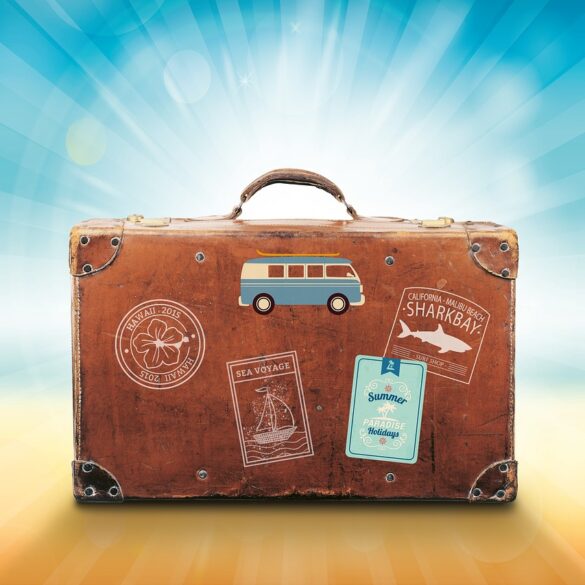A recent survey has revealed that hoteliers in various countries across Europe believe that financial incentives can be crucial factors in the journey toward green transformation.
They believe that various monetary incentives, such as access to capital and imposing fees, could help accumulate funds for this purpose.
The survey
The survey conducted on the matter had a total of 1,040 respondents employed in managerial and executive positions within the European accommodation industry.
As per the findings, 42% of the respondents believe that the implementation of tax and fiscal incentives could lead to the formation of a more climate-friendly model.
However, they also spoke about taking various other steps in addition to introducing financial incentives.
This included providing easy and better access to financing and capital. Consequently, 36% of the participants believe that this could go a long way in helping the continent achieve its goal of green transformation.
Meanwhile, 33% of the respondents claimed that having more operational and technical support would be the key to becoming more climate-friendly.
Other factors
Aside from financial incentives, the survey respondents were questioned about other factors that could contribute to the development of a more environmentally friendly business model for hotels in Europe.
31% of the participants took to talking about education, stipulating that additional development of skills and training could be important factors in this regard.
Sustainability certifications and labels were believed to be additional considerations for green transformation, as revealed by sources from Booking.com, Statista, and the European Accommodation Barometer Summer 2023.
In line with this, 29% of managers and executives stated that they would want to showcase their commitment to the environment with labels and certifications.
Moreover, 28% of the respondents stated that they would be able to better achieve their goals for a more environmentally friendly model if they were able to understand the expectations of consumers better.
All in all, having easy access to the development of skills and training, along with better access to knowledge, were considered to be key factors.
These two combined were chosen by 28% of the managers and executives who were a part of the survey.
Climate change
In a recent report published by Ipsos, Holiday Barometer for Europe Assistance, climate change and ecology proved to be the emerging reasons for the impact on the travel and tourism sector.
It was revealed that these two considerations had a significant influence on the demand and the travelers’ desire to travel in 2023.
This response was mainly noticed in Portugal, France, and Italy, with 61%, 49%, and 55% of these respondents, respectively, stating that climate change affected their excitement and enthusiasm to travel.
The same report further showed that French and Portuguese travelers are most likely to thoroughly evaluate a destination country before they can choose it.
This falls in line with the fact that the citizens of these two countries had the highest percentage in terms of things they would not prefer when making the decision to travel.



